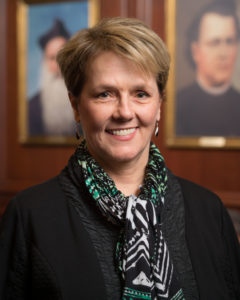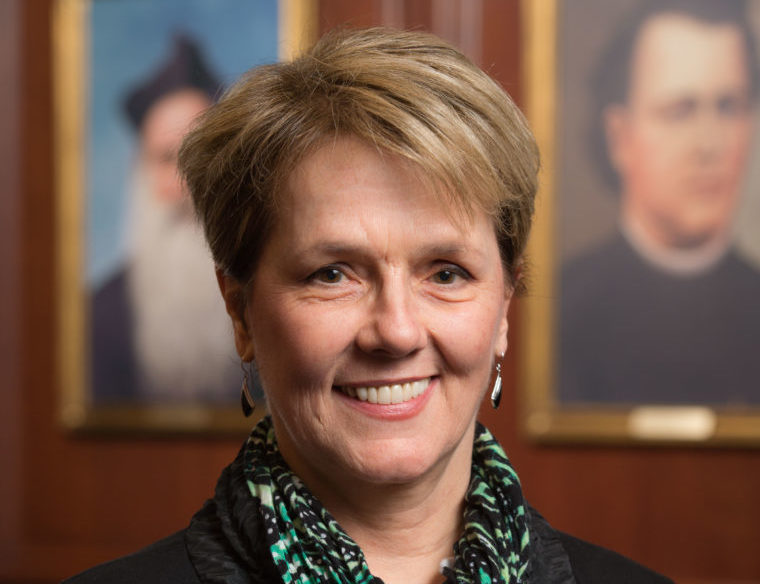From Cows to Rams and Beyond | Catherine Perry

An American growing up in Switzerland, I discovered the beauty of cows when my parents took me on excursions to the countryside, and especially to the mountains, where I would lose myself in the cows’ gentle eyes and lovingly absorb their fragrance. And how I admired the large bells on their necks that resonated poetically over pastures and valleys! By the age of four, I was head over heels in love with cows, to the point that I pretended to be a cow myself, wearing a makeshift bell around my neck while I pranced around in our yard. Two years later, I switched my love to horses. In hindsight I wonder if I did so because I had discovered we were eating the flesh of cows at home…
At age nineteen I moved to Morocco, where I soon witnessed the so-called sacrifice of a ram on the annual feast day, the `eid al-adha (slaughter feast, in Arabic), also called “feast of the ram”—a feast for everyone but the rams! On the eve of the feast my then-husband purchased a fully grown, handsome ram with long curled horns and brought him home. I petted the ram and, on the morning of his death, offered him a few oats as though to beg his forgiveness for what we were about to inflict upon him. During his last 24 hours he had been forced to fast to prevent his intestinal contents from inconveniencing the butcher after his slaughter. When I visited him in the morning, the ram was hungry and wanted to live!
My husband performed the ritual himself, slitting the ram’s throat with a sharp knife to kill him as painlessly as possible, as prescribed by the religion. Still naïve, I thought I had to witness the ram’s death because it was a sacred moment, commemorating Abraham’s sacrifice, which Muslims celebrate as do Jews. While the ram was thrashing in his blood, I who had never fainted began to collapse. Twice I had to run inside to spray my face with cold water. 8-10 minutes, that’s how long it took for the ram to die. From his gaze I could see the life ebbing away and I could tell he knew he was dying.
That same night I couldn’t sleep. Every time I closed my eyes, I saw my husband coming at my throat with a knife. I didn’t understand it then, but now I know that I was wholly identifying with a fellow earthling, whose life was my life. Yet, under the crushing weight of custom, for days following the ram’s death I helped cook his body parts and participated in their ingestion. At my parents-in-law on the evening of the feast day, I even partook of a couscous crowned with the steamed head of “their” ram, as my father-in-law jokingly offered me to taste an eye. Ten years later, on the same feast day, I wrote in my diary that despite everything I loved in Morocco, I felt I didn’t belong. A month later, I left for the US.
Fast forward to 2011 in the US, where I had become an avid steak consumer in imitation of my father—the rarer, the better—despite a nagging, still largely unconscious sense I shouldn’t be eating other animals. One day, while speaking with a vegetarian, I suddenly became aware of what I was really doing: ingesting the flesh of living, sentient beings whose suffering I also ingested with their flesh. I can see now that I had been preparing for that moment over the past week, because I was constantly aware of a French book I had just purchased, titled La Paix (Peace), whose cover caught my eye every time I stepped by the table where it was temporarily parked. For several years I had been interested in Peace Studies, but I hadn’t made the connection between violence toward other humans and the violence humans inflict upon other animals. Still ignorant after my sudden realization, I wondered if I would continue to eat fish. The very next morning, while I was walking by the river, I came across a fisherman who had just caught a large fish, perhaps a salmon. For a few seconds I was transfixed as the fish struggled and then managed to break loose. I instantly rooted for him/her! There was my answer—I would stop eating fish as well as mammals and birds.
After becoming vegetarian it took me almost a year to learn about the unspeakable suffering behind the production of eggs and dairy. Education was key. I knew I had to become vegan when I read Will Tuttle’s book The World Peace Diet and watched the documentary Earthlings. This is the most momentous change I have made in my life. For the first time ever, I felt I was fully in my integrity, a feeling that brought peace and compassion in my life and that spread around me. I also developed a heightened appreciation for food. Everything tasted better, not simply cleaner and purer. Since that day I have been deeply grateful for the food I eat and for the support I receive from the vegan community. Although I consider myself an agnostic, I can only liken this experience to a conversion.

Catherine Perry
Editing Coordinator, Humane Party https://humaneparty.org
Grant Advisor, The Pollination Project
Correspondent, ICSA Today, International Cultic Studies Association
Professor Emerita of French, University of Notre Dame
Vegans Make A Difference is here to give vegans a voice! In STORIES, vegans relate why their choice became one of the most powerful decisions of their lives, rooted in the philosophy of compassionate living. They give touching and heartfelt testimonials of why we must expand the circle of compassion to our non-human friends, celebrating each and every one of them as unique and beautiful individuals.
